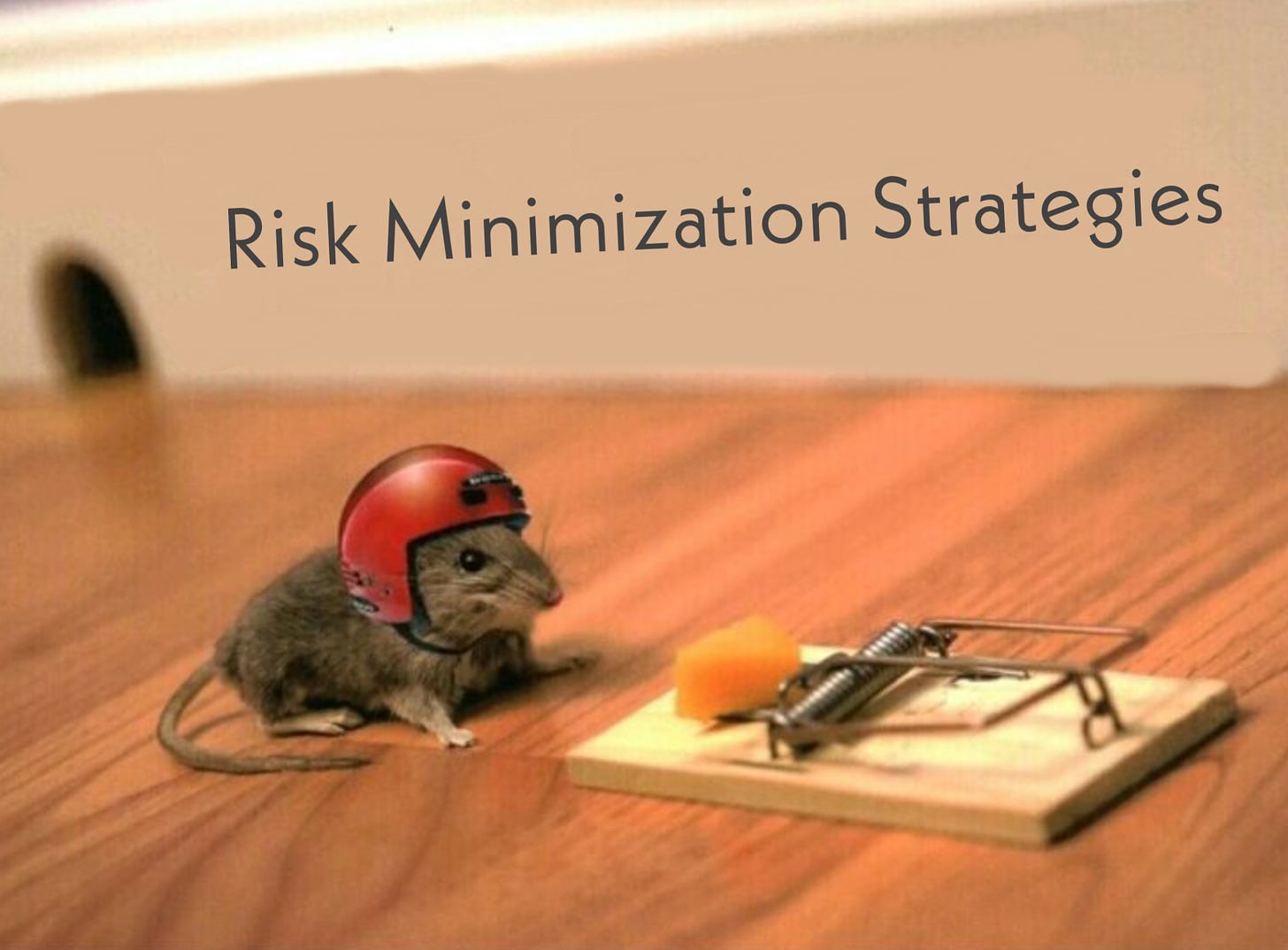Please note all content is personal opinion only and may not reflect the opinion of anyone who would be sensible.
One forced relocation in Jiangsu is happenstance.
Two relocations are (is?) a coincidence.
Three inquiries within a month – well this might be a bit of a gold mine for lawyers and real estate consultants.
So this happened this month – three inquiries from companies in the same city about a string of forced land acquisitions. This made me consider this may well be an issue facing many companies at present. In addition, it is an issue complicated by COVID travel restrictions.
Over the years I have worked on many projects where the authorities have sought to take back the land. This is not unsurprising as China’s rapid development and mass urbanization have led to residential blocks and commercial towers encroaching on industrial land. On a due diligence I was surprised that a cat food factory was built bang in the middle of a residential area. On quick reflection it was not that the cat food factory had moved – the residential area had surrounded. And so, as people often do behave “I am moving to live next to the cat factory because it is cheap and convenient”. Shortly after moving in it quickly becomes “Cat food factory smells – someone must make them leave”.
Set Strategy - Sharpen the axe before felling the tree
Traditionally, relocations always totally stress out management – Can we get enough compensation? Will we become rich? Can we get a block of land nearby? Our business has an environmental impact – will anyone let us in? Will we be stuck next to that bloody cat food factory? Will the employees stay with the company after we move? How do we organize transport? How do we deal with business interruption?
However, today … in some cases a forced land acquisition can be seen as an OPPORTUNITY by foreign investors to:
· right size a facility – most projects do not get the factory size just right – many international investors rushed in and built too much capacity for the market – the forced acquisition may be an opportunity to build the right sized factory for your China business
· move to a lower cost/more suitable location – 20 years ago it may have made sense to have an industrial factory in Shanghai or surrounding areas but today it may feel more like being in Park Lane where you could do quite well in Old Kent Road where wages, environmental standards etc. are lower/more competitive
· exit a failing business – there are some companies that have felt for years that the China business was not really making sense anymore. Competition too fierce. Or impossible to make a decent profit. Many continued to plod on zombie like because allowing it to continue is less challenging than actively deciding to put the business out of its misery. The Chinese authorities can be a useful catalyst in such cases … better to blame them. And legal grounds to terminate employment contracts.
The BIG Questions:
BIG Question 1: What to Do? Relocate, Right-size or Wind-up?
Relocation – this is the most common – the company seeks to relocate within the same area the issues to consider are: 1) negotiations with the local authorities as to the new land plot (size, location, connection to infrastructure, restrictions, can you extend land use rights period etc.); 2) will all employees remain? Should all employees remain? 3) transition – building up inventory, supplier contracts, customer contracts, how to link departure from old site to the new construction; 4) time schedule (payment, construction, demolition); 5) change address on products etc.
Right sizing – you may wish to continue business but not on the same scale or even the same place. brings issues of 1) do you right size within the same location?; 2) if moving what new subsidies or preferential treatment can be obtained; 3) mass dismissals of employees; 4) can you relocate the company if you go into a different province (in theory yes – in practice very difficult – most will liquidate the original company and then set up a new company – this has a bunch of issues including lay off of employees, tax etc.); 5) tax impact – this will change depending on how the project is structured; 6) if lower cost approach can be found (i.e. lease or move to cheaper location) then can some/most of the money received be remitted back to HQ? In most cases yes.
Liquidation – this is rare for manufacturers – I have only had one Swiss manufacturer who liquidated their business (retail has many more casualties). The Swiss in question were constantly outraged, disappointed or feeling helpless during the 8 years they were in China. This was more a mercy killing then sadness. Most companies, even if largely leaving the market, will opt for some limited presence in China (i.e. trading company, consulting company, procurement operations) even if they outsource the manufacturing.
BIG Question 2: Who Negotiates?
HQ and local management may not be aligned on the optimal outcome of a land relocation. Local management will be more concerned about making the plant bigger “Maybe we close down operations in Europe and move everything to China” – this attitude may be at odds with current geopolitics and HQ thinking.
In some cases, headquarters think the factory manager is the right person to negotiate the land compensation. It would be good to avoid a heart attack in that factory as they might ask the factory manager to step out his comfort zone and conduct open heart surgery. Also headquarters can often guard against the local team showing too much deference to the local authorities. In one case a client asked a local law firm why they should lead the negotiations. The pithy reply was:
“We have good relations with the local government”.
The client asked “What does that mean practically? How will it impact our compensation and plans to optimize our operations?”
“We mean we have very, very good relations with the local government.”
The goal should not be to curry favor with the local authorities – you might be leaving - but to maximize the outcome. We have one … stubborn… client that has successfully fended off the authorities for … 7 years. They always want more compensation … government starts to threaten and then gives up. This needs to be done carefully (perhaps not with a machine gun as shown in the meme) but shows that the best results do not come by kowtowing.
BIG Question 3: Who is on the Team?
Normally, the project will be overseen and run by the HQ inhouse counsel and business unit head. On the ground, local management will be involved in strategy, day to day contact with the authorities, administrative preparation etc. Outside consultants will normally include at a minimum commercial lawyer, real estate lawyer, tax advisor and real estate broker.
BIG Question 4: How to Avoid the BIG Mistakes?
The biggest mistakes can generally be avoided by good preparation.
Danger issues include:
Not Paying Attention to Valuation – consider best way to negotiate value. Replacement value or market value? Include value of existing land and buildings, removal cost and losses due to business interruption. However, the drawback is that there is no room to negotiate. For the authorities it is not preferred as it is time consuming. Ensure you have your own real estate expert to support negotiations with authorities on real estate value. DO NOT allow the authority selected appraiser to issue the report without your input – it will become binding and he will not recant.
Forgetting the Tax Impact - the tax consequences will flow from the structure. Check this early on. If liquidated (i.e. no relocation) then the compensation would form part of the enterprise’s income and would attract income tax of 25% on profits. If reinvested within China within 5 years then the compensation will not form part of the enterprise’s income for enterprise income tax purposes
Poor Management of the Transition Period - Careful planning can help to reduce operational risk – Most clients looking to liquidate their entity in China tussle with managing operational risks. Typically, these include dealing with employees, customers, suppliers etc.
Summary
In the past, most companies confronted with the authorities taking back their land saw it purely as a major hassle. Which it is – and will continue to be. However, today for some companies the relocation can be a golden opportunity to re-jig their business. De-risk by leasing rather than building. Lower costs by a change of location. Presents an opportunity to close down a factory that had long passed its best before date.









Hello Mark, very interesting!
Do you have the source for this part : If reinvested within China within 5 years then the compensation will not form part of the enterprise’s income for enterprise income tax purposes? Thank you.